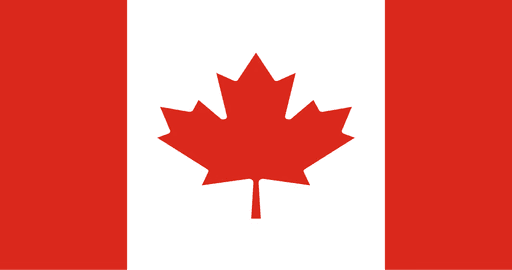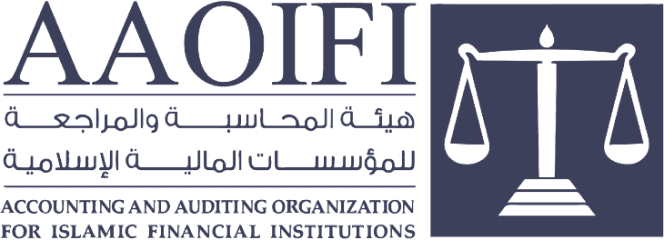Tags:
education, product knowledge, halal homes, mortgage, home financing

Halal Financing
What is halal financing?
There is a misconception out there amongst the general public that when it comes to Islamic financing arrangements the only principle required is ensuring that there is no interest (riba) on the transactions. This is a huge misnomer because if you take two numbers and divide them you will always end up with some sort of percentage value.
For example:
$100 of profit on $400 of value can be seen as 100/(400+100) = 0.20 or 20%
What is interest (riba) needs to be understood a little more clearly. Riba is where the money is provided in return when the lender did not put in any work or take on any risk to earn it. In other words, the probability of profit is maximized while the risk of loss is completely minimized. See the table for an illustration.
There is also the other side of the equation where an investment has a low probability of profit with a high probability of risk, and this ends up falling into the areas of speculation (gharar) and uncertainty (maysir). Examples of this are gambling and super speculative investment opportunities (i.e. Bitcoin). This is also illustrated in the table.
Islamic Finance finds a balance between these two extremes so that no one party is exploited or taken advantage of.
There are three common Islamic financing arrangements, namely, Ijara (lease-to-own), declining Musharaka (partnership), and Murabaha (cost plus financing).
In the Ijara (lease-to-own) model, the financial institution puts up most, if not all, of the money for the house and agrees on arrangements with the homeowner to sell the house to them at the end of a fixed term. A portion of every payment goes toward the lease and the balance toward the purchase price of the home or equity. Once all payments have been received by the end of the term, the home will be rightfully owned by the lessee.
In the declining Musharaka (partnership) model the financier and the investor agree to purchase the home jointly, with the financier gradually transferring its portion of the equity in the home to the individual homeowner, whose payments constitute the homeowner’s equity and the financing rate.
And lastly, Murabaha, (cost-plus financing) is where an intermediary buys the home with a free and clear title to it. The intermediary investor then agrees on a sale price with the prospective buyer; this price includes an agreed-upon profit amount. The purchase may be made outright (lump sum) or through a series of deferred (instalment) payments. This credit sale is an acceptable form of Islamic finance and is not to be confused with an interest-bearing loan.





